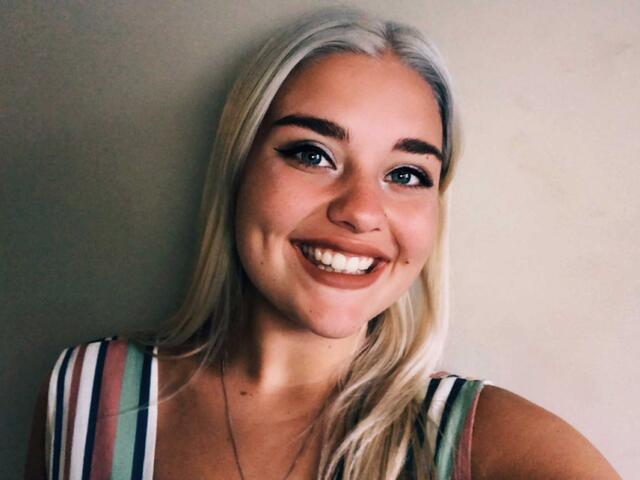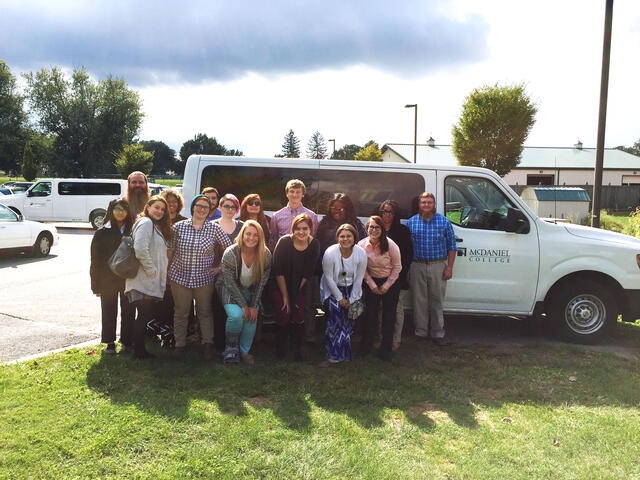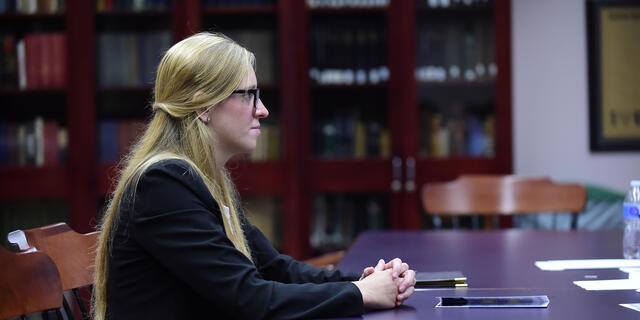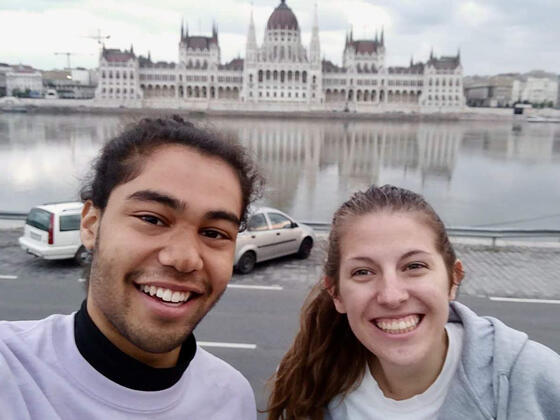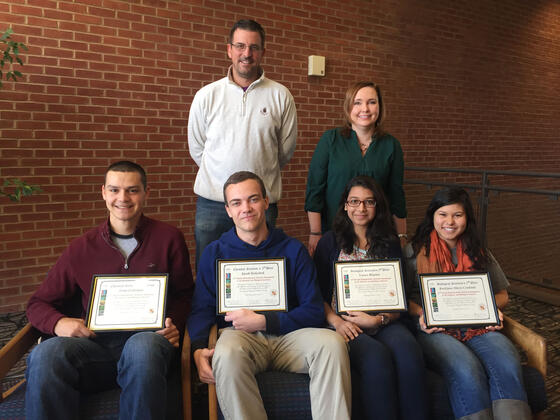Criminal Justice
Who’s innocent? Who’s guilty? Are you sure? What should the punishment be? Why? How can we help convicted criminals thrive after they’ve been punished? What should we be doing to prevent crime in the first place? As a major in Criminal Justice at McDaniel, you’ll explore our system of law and order in all its complexity.
Mortarboard
Degree Types
Major, Minor
Institution
Complementary Programs
Heart
Distinctive Requirements
Internship
Document
Graduate School Preparation
Pre-Law Advising
The McDaniel Commitment in Action
Get to Know Our Green Terrors
